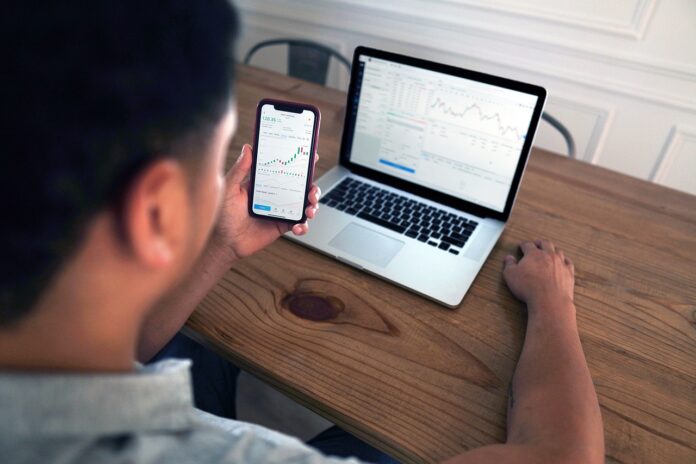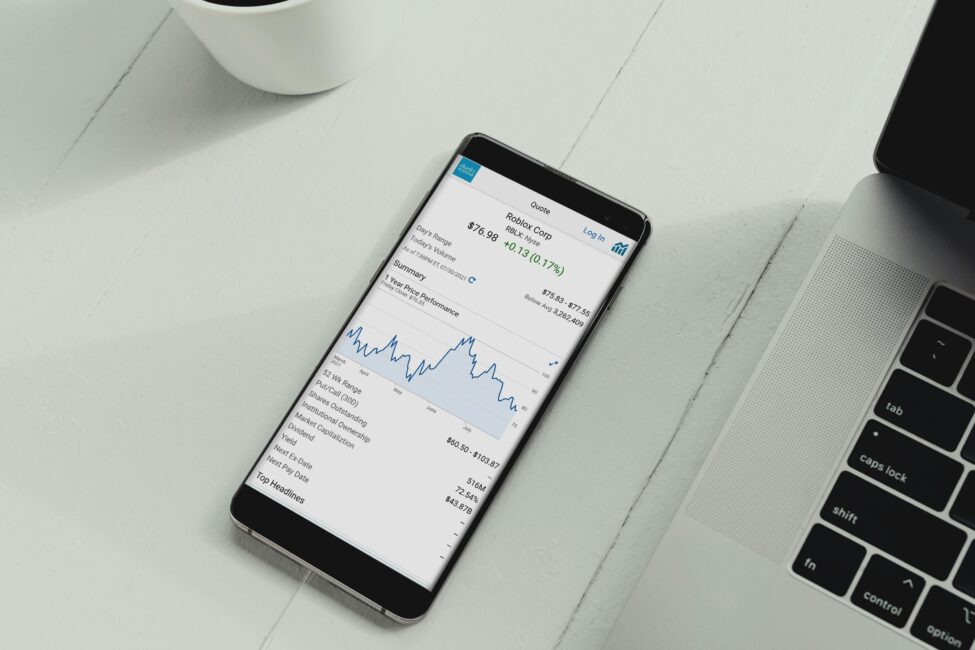The foreign exchange market, commonly known as Forex, is a dynamic and decentralized marketplace where traders buy and sell currencies. With the increasing popularity of Forex trading, the importance of selecting the right Forex broker cannot be overstated. A Forex broker acts as an intermediary, facilitating trades and providing a platform for traders to access the currency markets. However, not all brokers are created equal, and choosing the right one is crucial for success in this complex and fast-paced market. In this article, we will delve into the key factors that traders should consider when selecting a Forex broker to ensure a secure and seamless trading experience.
Regulatory Compliance and Security
One of the foremost considerations when choosing a Forex broker is regulatory compliance and security. It is imperative to opt for a broker that is regulated by a reputable financial authority. Regulatory bodies such as the Financial Conduct Authority (FCA) in the UK, the Commodity Futures Trading Commission (CFTC) in the United States, and the Australian Securities and Investments Commission (ASIC) enforce strict standards to ensure the integrity of financial markets. Regulatory compliance guarantees that the broker adheres to financial regulations, providing a layer of protection for traders.
Trading Platforms and Tools
The trading platform is the interface through which traders execute their trades, analyze market data, and manage their accounts. A user-friendly and efficient trading platform is essential for a seamless trading experience. Most brokers offer popular platforms such as MetaTrader 4 (MT4) or MetaTrader 5 (MT5). These platforms are renowned for their user-friendly interfaces, advanced charting tools, and customizable features. Traders should explore the functionality of the trading platform offered by a broker to ensure it aligns with their trading preferences and requirements.
Trading Costs and Fees
Understanding the cost structure of a Forex broker is crucial for managing trading expenses and maximizing profits. Different brokers, such as HF Markets, have varying fee structures, including spreads, commissions, and overnight financing charges. The spread, which is the difference between the buying and selling prices of a currency pair, is the primary way brokers make money. While some brokers offer fixed spreads, others, like HF Markets, provide variable spreads that may widen during periods of high market volatility. It’s essential to carefully assess the fee structure of a broker, to make informed decisions and optimize your trading strategy.
Asset Coverage and Leverage
The range of currency pairs and financial instruments offered by a Forex broker, known as asset coverage, is a critical factor for traders with specific market interests. A diverse selection of currency pairs, commodities, indices, and cryptocurrencies allows traders to diversify their portfolios and capitalize on various market opportunities. Traders with specific asset preferences should ensure that the broker they choose provides adequate coverage in those markets.
In conclusion, selecting the right Forex broker is a pivotal decision for traders entering the dynamic world of currency trading. Regulatory compliance and security ensure a safe trading environment, while a user-friendly trading platform and essential tools enhance the overall trading experience. Understanding the cost structure and fees associated with a broker is crucial for managing expenses, and evaluating asset coverage and leverage ensures that the broker aligns with individual trading preferences and risk tolerance.























